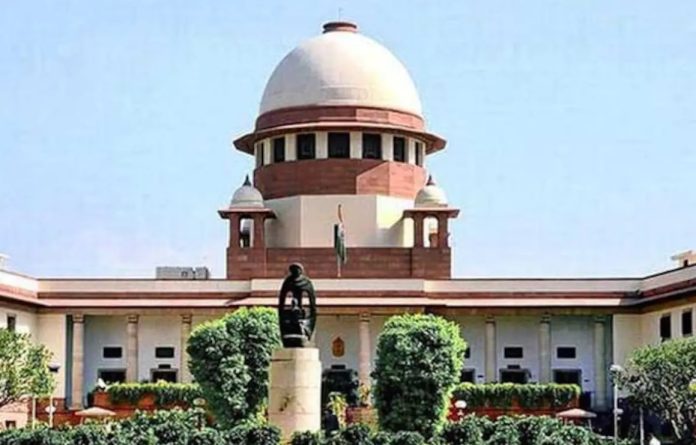The Income Tax Department keeps on conducting raids and searches to catch tax evasion. The Supreme Court has given great relief to the taxpayers regarding such matters.
The Supreme Court has made it clear that under Section 153A of the Income Tax Act (IT Act Section 153A), the income of the taxpayer cannot be increased, if no concrete evidence is found during the search.
Supreme Court left this option
It is believed that this latest decision of the Supreme Court can provide great relief to the taxpayers. Along with this, it is also expected that the arbitrariness of the tax department will reduce in such cases. However, the Supreme Court has left the option open that if any concrete evidence comes to the fore later, the tax department can reopen the tax evasion case.
cannot open such cases
The Supreme Court has made it clear that under Section 153A of the Income Tax Act, the Income Tax Department cannot reopen cases in which assessment has been completed. Along with this, the top court has said that re-assessment orders can be issued only if any concrete evidence is found during the search or seizure operation.
arbitrariness will reduce
Saying this, the Supreme Court has upheld the decision of the High Court. This decision was given by a bench of Justice MR Shah and Justice Sudhanshu Dhulia. He said that re-assessment is such a process, which has a big impact on the taxpayers. Tax experts believe that this will provide a lot of relief to the taxpayers. Also, this decision is expected to reduce arbitrary re-assessments by the tax authorities.
What is Section 153A of the Income Tax Act?
Section 153A of the Income Tax Act lays down the procedure for ascertaining the income of a person against whom search has been conducted. Its purpose is to bring undisclosed income under the tax net. Cases can be reopened under sections 147 and 148 of the Income Tax Act.















